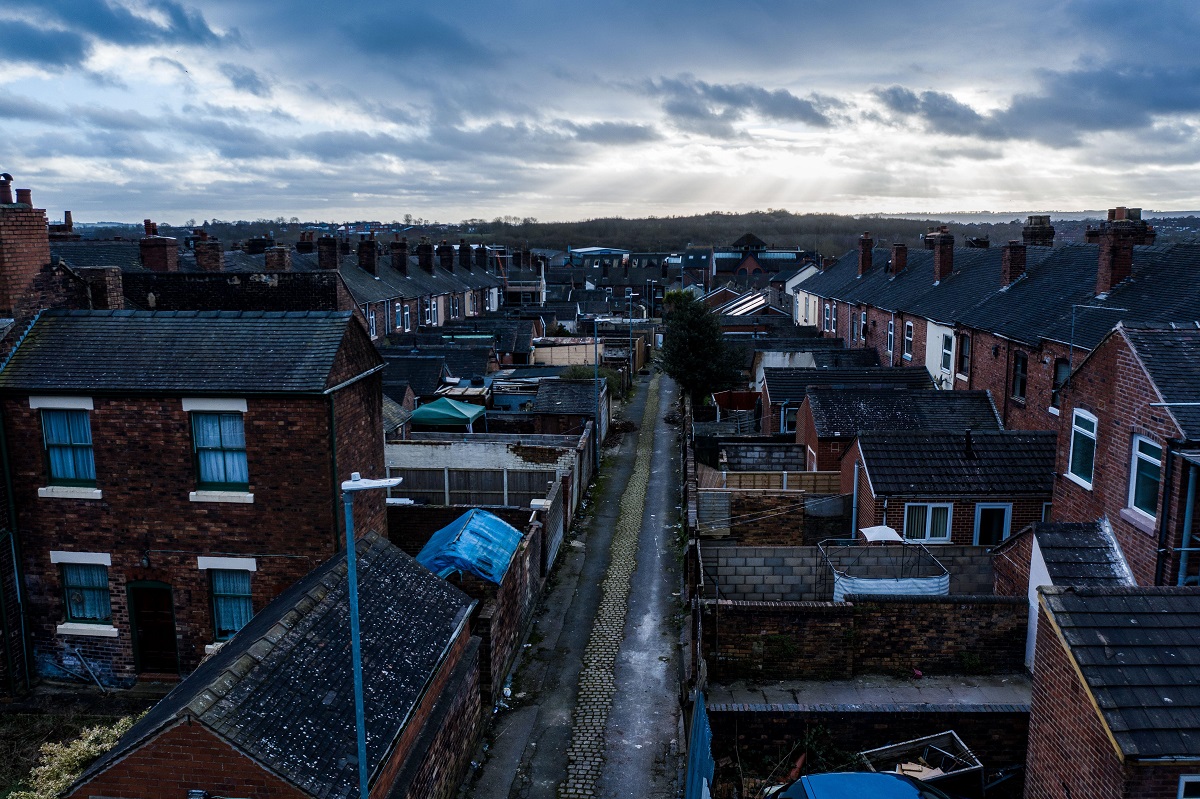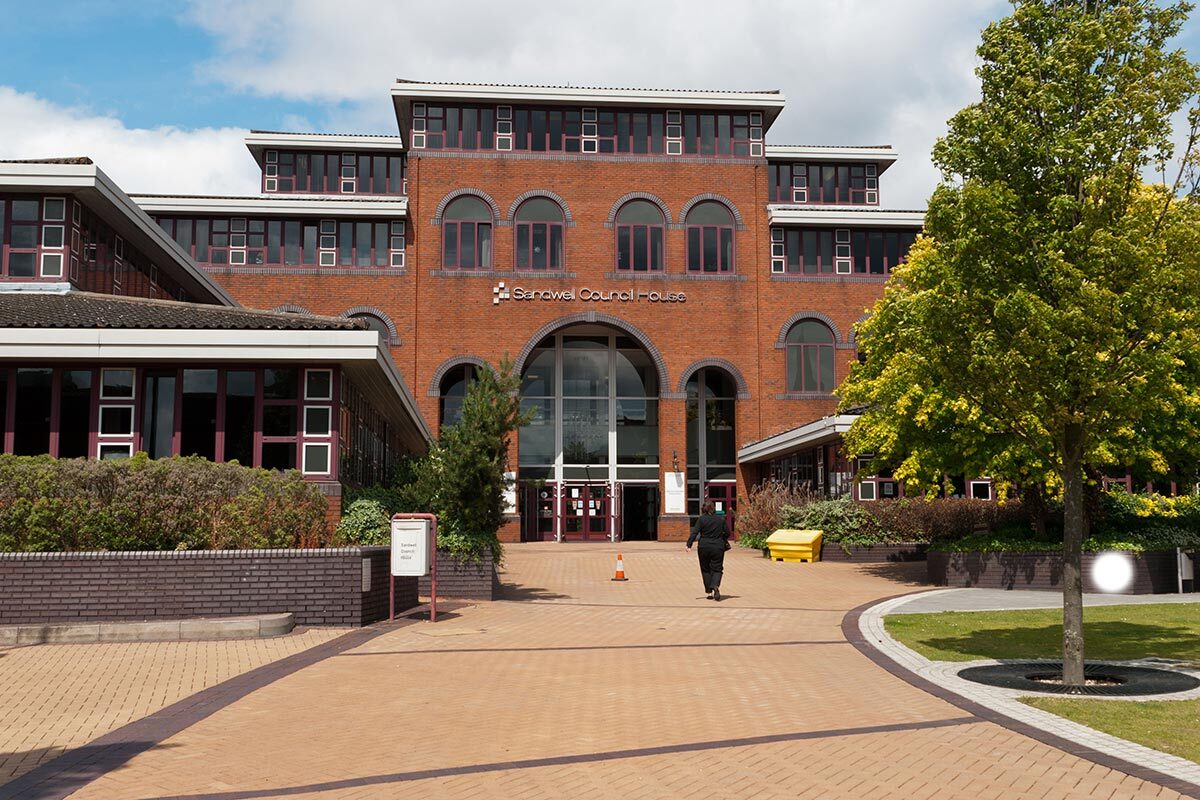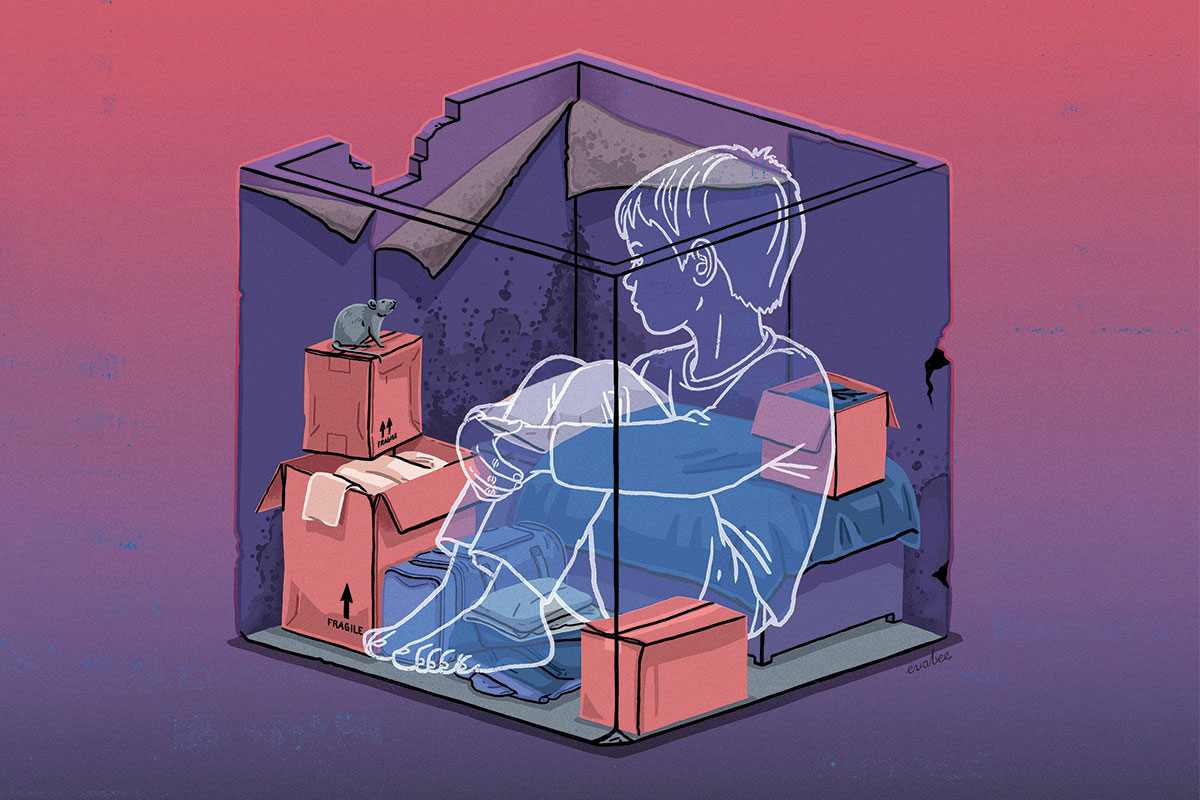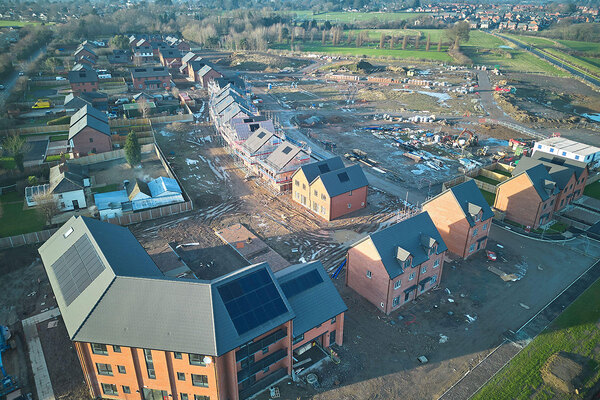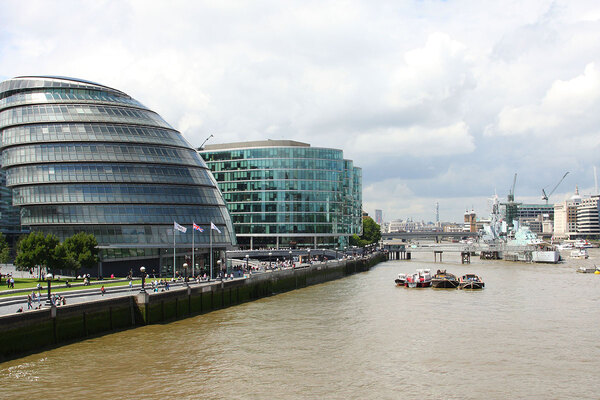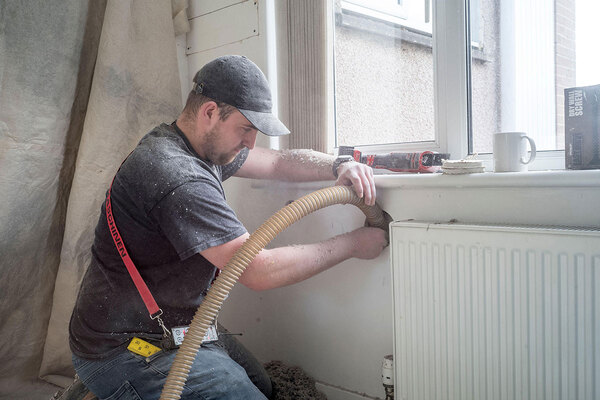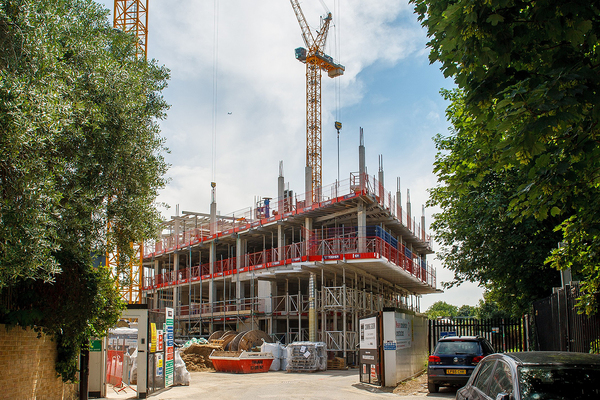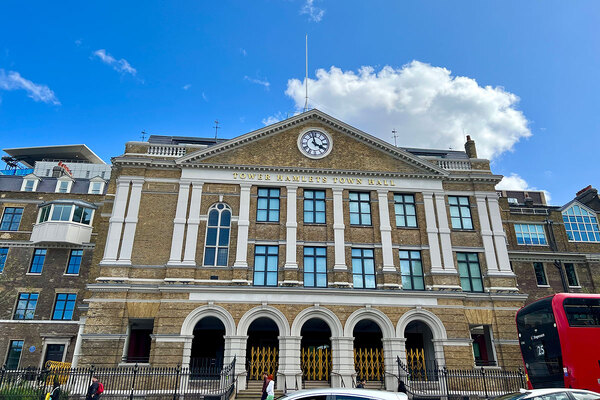Large housing association ordered to pay £9,000 over two cases of damp and disrepair
A large housing association has been hit with two severe maladministration findings by the Housing Ombudsman and ordered to pay over £9,000 in compensation to residents.
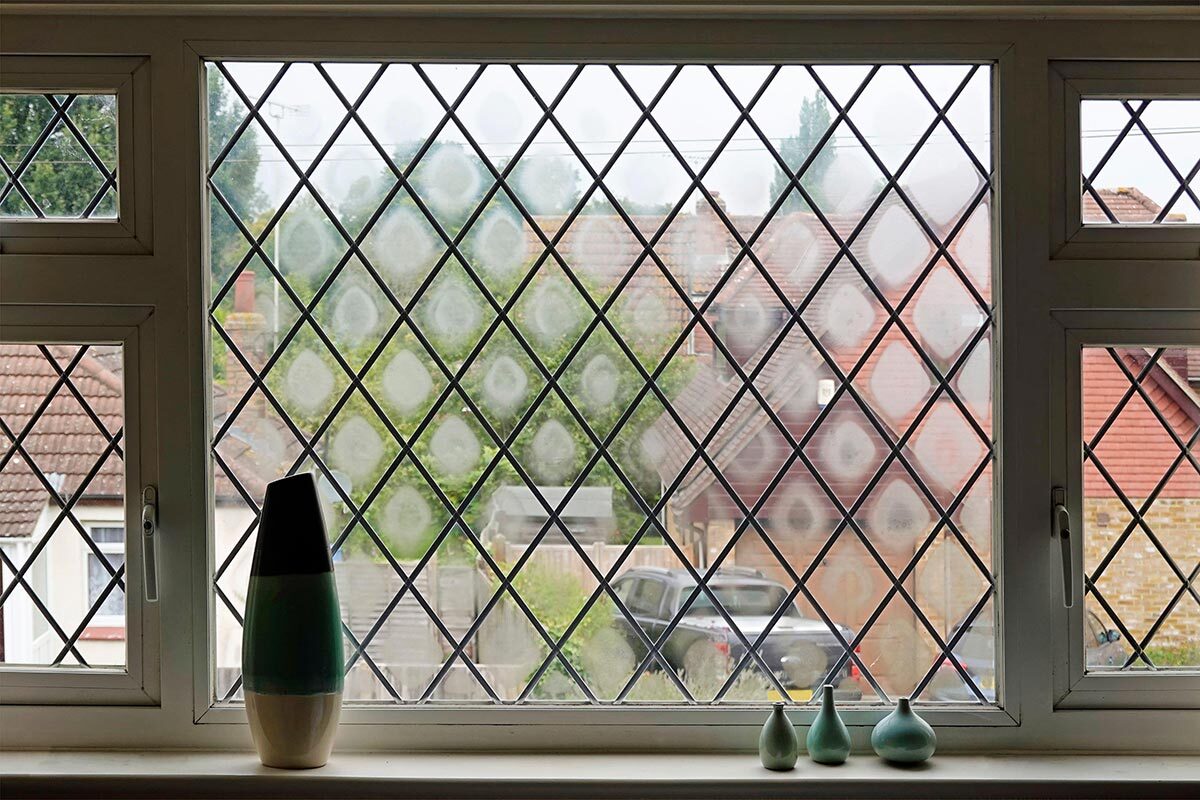
Abri was found to have left one resident with faulty windows for nearly five years, while in a separate case another vulnerable tenant was left living in damp and mould for three years.
In the first case, in Reading, the landlord only appeared to try and resolve the faulty windows when chased multiple times by the resident.
Abri blamed the coronavirus pandemic for delays on one occasion in 2019, despite it being a year before lockdown. Sometimes there were year-long gaps between correspondence, the ombudsman said.
Two years into the complaint, a repair was done on the window, but it made little difference.
Over the next three years, the resident chased the landlord on 12 separate occasions.
She explained that the living room was cold, that she had to use an additional heater, water was getting into the property and in the summer there were insects in the home. The problems got so bad that she left the property due to the ongoing issues.
Abri did not appropriately follow up the repair with the builder during the warranty period, when it knew there was an outstanding repair. It also did not seem to have sufficient oversight as to when the defects and warranty periods expired, only considering this two years after the expiration date.
The Housing Ombudsman ordered Abri to pay £4,466 in compensation, apologise to the resident and review its approach to monitoring repairs, keeping residents updated during works and the time taken to respond to complaints.
In the second case, in Yeovil, the landlord failed to deal with a damp and mould problem for years and repeatedly carried out the same inadequate repairs.
When the resident, who has a heart condition and is registered blind, first reported the issue, an inspection said the bedroom walls were “very damp/wet to touch”, but there was no evidence to suggest that repairs had taken place.
The following month, damp was treated in the kitchen, but once again it made no mention of the bedroom.
There was no record of any works taking place the following year, even though the resident noted there was need for a “third” appointment.
The association undertook the same anti-mould treatment year on year at the property, the ombudsman said, despite it not being effective. Abri did not take “robust action at an early stage” to identify the cause of the damp and mould.
The works that did take place were so delayed that “they left the resident in poor conditions for far too long”. A ventilation unit was installed over two years after it was initially recommended, while a new extractor fan in the kitchen took nearly three years.
The Housing Ombudsman ordered the landlord to pay £4,588 in compensation, as well as implement a damp and mould strategy and improve its record-keeping.
In response, Abri said it had introduced a quality assurance team to look over damp and mould cases and has revised its customer relations team structure to handle complaints more effectively.
Housing ombudsman Richard Blakeway said: “In both cases the landlord failed to act in a timely manner to repair works over several years.
“Various fundamental issues with its repairs service are on show in these cases, including extensive delays, haphazard record-keeping, inadequate actions despite expert advice, and poor communication.
“Particularly concerning is that one resident has vulnerabilities, and these were not considered or treated with appropriate urgency to put things right.
“The case of Awaab Ishak and the volume of casework coming to us where residents are presenting with health concerns as a result of their living conditions should be a wake-up call to all landlords that this cannot be treated with anything except the urgency it deserves.
“I welcome the landlord’s learning from this case and actions it has taken to strengthen its approach on damp and mould.”
In its response, Abri said: “We are very sorry for the distress and inconvenience experienced by our customers in these two cases. On both occasions, our response to completing work in an acceptable timescale and the handling of the complaints was not good enough.
“We acknowledged this at the time with the customers and have subsequently accepted the Housing Ombudsman’s determinations. We have carried out all orders and recommendations made.
“Regarding the first case, we have reinforced the importance of accurate and complete record-keeping and reminded colleagues of the importance of keeping customers up to date on new build defects.
“We’ve also revised our customer relations team structure to better assess complaints and to carry out improvements in complaint-handling, including speeding up our response times and empowering more customer-facing teams to resolve enquiries locally at source.
“We completed all repairs to the property in October 2022, and we’re very sorry for how long this took and the obvious distress and inconvenience this caused our customers.
“In the two years since the second case, we have overhauled our approach, processes and policies regarding damp and mould. This includes putting a robust quality assurance team in place.
“We’ve also trained and empowered our colleagues to recognise and address the signs of damp and mould by working with our customers. We have apologised to our customer for the time it took to fully resolve the issue and the impact this had on them. We have taken action to address the root cause of the problem and a recent independent survey confirms that the property is now free of mould. We have also met our customer’s request to move to another property.”
Sign up for our regulation and legal newsletter
Already have an account? Click here to manage your newsletters
